Search Results
Showing results 81 to 100 of 275

Evaporation
Source Institutions
This three-part activity consists of an activity that groups of learners develop themselves, a given procedure, and an optional demonstration.
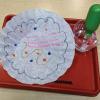
Chromatography Observations
Source Institutions
In this activity, learners will explore how water affects marker on filter paper. Learners will use science process skills such as making observations and predictions as they explore color.
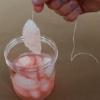
Ice Fishing
Source Institutions
In this activity, learners will use string and salt to lift an ice cube out of a glass of water. Salt depresses the freezing point of water, allowing it to melt around the string and refreeze.
Ships Ahoy!
Source Institutions
Design a vessel that tests the limits of wind power given a set of off the shelf and recycled materials.
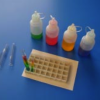
The Liquid Rainbow
Source Institutions
Learners are challenged to discover the relative densities of colored liquids to create a rainbow pattern in a test tube.
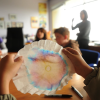
Radial Chromatography
Source Institutions
How many colors make black? Gather as many water soluble black markers as you can find.

Racing M&M Colors
Source Institutions
Learners design their own experiment to determine which M&M color dissolves the fastest in water.
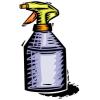
Tissue Paper Spray Art
Source Institutions
In this activity, learners observe color mixing and absorbency using colored tissue paper and spray bottles.
Let's Go Ice Fishing
Source Institutions
In this activity, learners are challenged to lift a floating ice cube out of a glass of water using just one end of a piece of string.
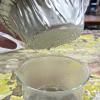
Wonderful Weather
Source Institutions
In this activity, learners conduct three experiments to examine temperature, the different stages of the water cycle, and how convection creates wind.
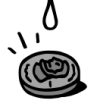
Drops on a Penny
Source Institutions
In this activity, challenge learners to predict and investigate how many water drops they can fit on one penny.
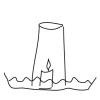
Thirsty Candle
Source Institutions
In this activity, learners will explore the dynamics of air pressure by using a candle, a cup, and a dish of water.
It's A Gas!
Source Institutions
Visitors mix water and sodium bicarbonate (baking soda) in a large flask. They then add citric acid to the mixture and stopper the flask. The resulting reaction creates carbon dioxide gas.

That Sinking Feeling
Source Institutions
In this quick activity, learners observe how salinity and temperature affect the density of water, to better understand the Great Ocean Conveyor.
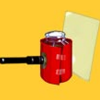
Turbidity
Source Institutions
This is an activity about turbidity, or the amount of sediment suspended in water.
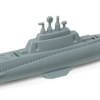
Diving Submarine
Source Institutions
Learners use a commercially available toy to experiment with density. They fill a chamber in the toy submarine with baking powder and release it into a tank of water.
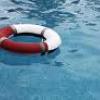
Oh Boy Buoyancy
Source Institutions
In this physics activity, learners will explore the concept of buoyancy, especially as it relates to density.
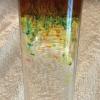
Fireworks in a Glass
Source Institutions
In this activity, learners use water, oil, and food coloring to observe a chemical reaction that creates a shower of colors inside of a glass.
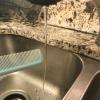
Static Water
Source Institutions
In this activity, learners will use static elecricity to bend a stream of water without touching it. Learners will explore physics and cause and effect through this activity.
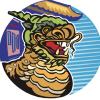
Draggin' Boats
Source Institutions
Learners design, build, and test models of "dragon boats" made from up to three milk cartons.
